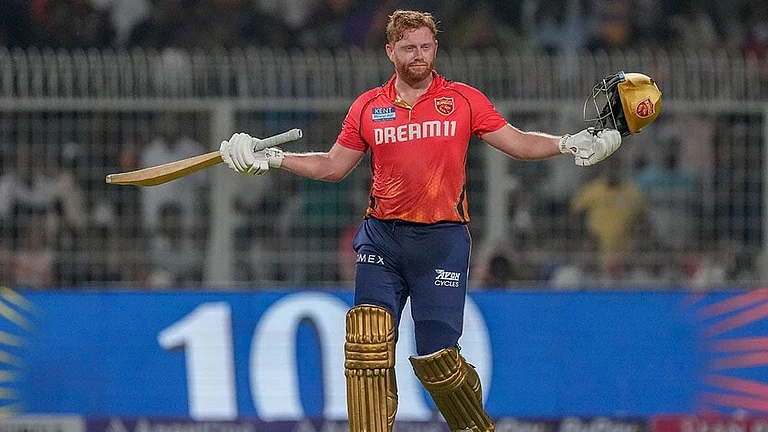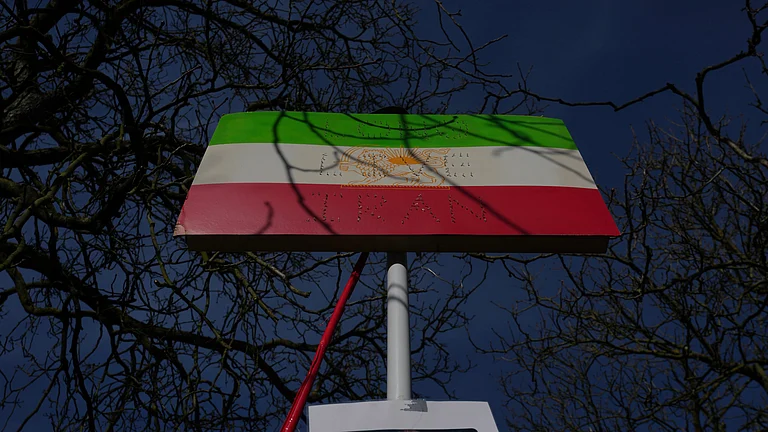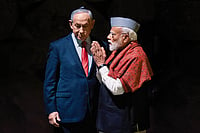The African Union’s inclusion in the Group of 20 is clearly the most significant achievement of this year’s summit. It will give the AU a stronger voice on global financial matters and join South Africa in pushing the needs of the continent long exploited by the world. Yet, on the first day of the G20, the buzz was not so much about AU but about the success of Indian diplomacy in getting all countries to agree on the final text on Ukraine.
The Ukraine war has been a deal breaker at every recent multinational forum. So, it was natural that nobody expected that the G20 summit in New Delhi would be any different. Yet against all odds, Indian diplomats were able to pull off a major victory by getting all countries on board for the final outcome document usually presented at the end of the summit.
Though a statement on paper makes no difference to the fighting on the ground, the Russian action in Ukraine provokes such strong emotions in the US and in Europe, that condemnation of Russia takes centre-stage in every discussion, including at G20 meetings, which are primarily concerned with development and finance.
Yes, there was give and take on all sides. The US and European leaders tempered their views in deference to India’s wishes and ensured that New Delhi was able to host a successful G20. China and Russia too did their bit. Negotiations with Russia and China went on through the wee hours of Saturday morning. It was evident by early Saturday that both China and Russia were on board. Foreign minister Subramanyam Jaishankar said in a television interview that China was “very supportive”. He also singled out Brazil, South Africa, Indonesia, the “emerging economies” playing a positive role in clinching the deal, at the news conference to announce the consensus.
Ukraine and many in the West are disappointed at the wording of the final communique. Western news agencies reported that the foreign ministry spokesman in Kyiv Oleg Nikolenko, said the G20 had “nothing to be proud of" while thanking “those who tried to include strong wording in the text”. There is a fear that countries of the Global South, including the emerging economies will be asserting their views on the international stage more effectively now.
Unlike in Bali last year, where Russia was called out as the aggressor, with the lines that members “deplores in the strongest terms the aggression by the Russian Federation against Ukraine and demands its complete and unconditional withdrawal from the territory of Ukraine.”
But in Delhi, there was no reference to Russia, though it was quite obvious that the statement was pointing an accusing finger at Moscow.
“Concerning the war in Ukraine, while recalling the discussion in Bali, we reiterated our national positions and resolutions adopted at the UN Security Council and the UN General Assembly (A/RES/ES-11/1 and A/RES/ES-11/6) and underscored that all states must act in a manner consistent with the Purposes and Principles of the UN Charter in its entirety. In line with the UN Charter, all states must refrain from the threat or use of force to seek territorial acquisition against the territorial integrity and sovereignty or political independence of any state. The use or threat of use of nuclear weapons is inadmissible,” paragraph 8 of the Delhi Leader’s Declaration said.
Everything was said that had to be said but without naming Russia. This has been India’s singular achievement, the ability to work with all sides of the global divide. It is India’s greatest strength in a divided world.



























